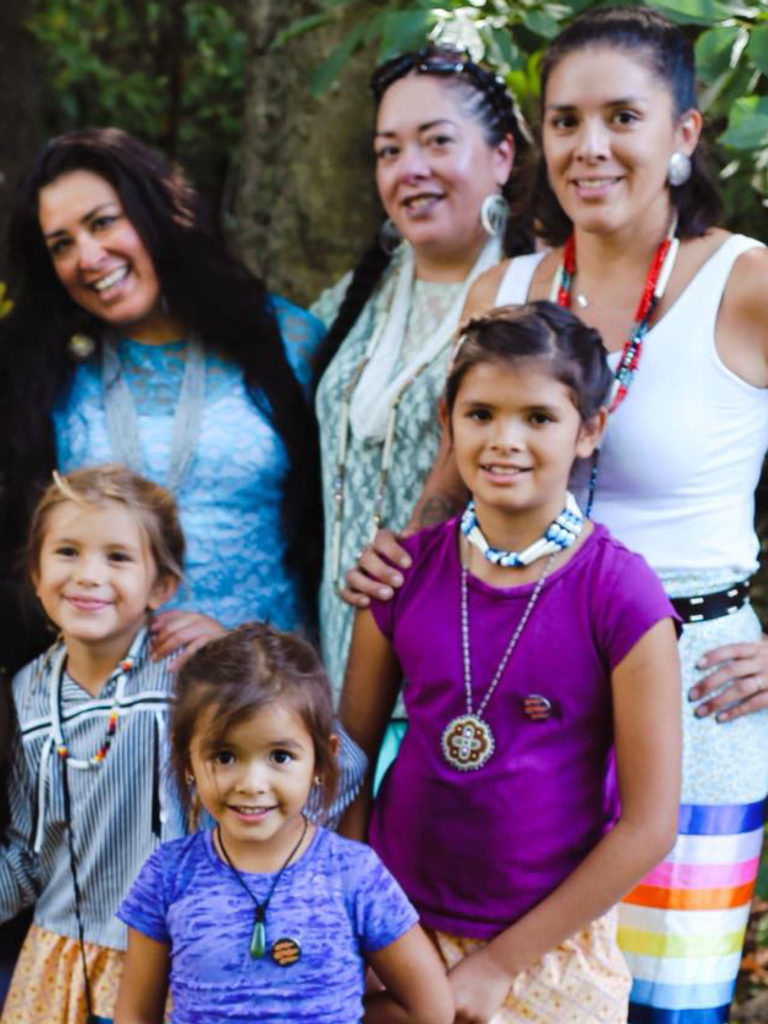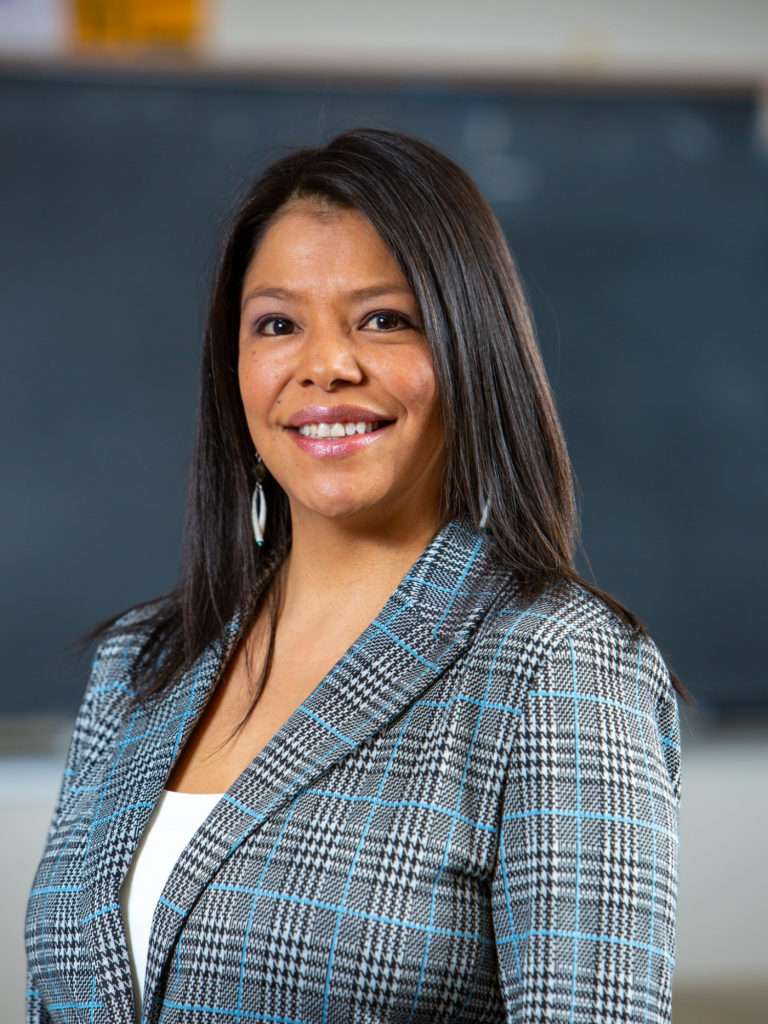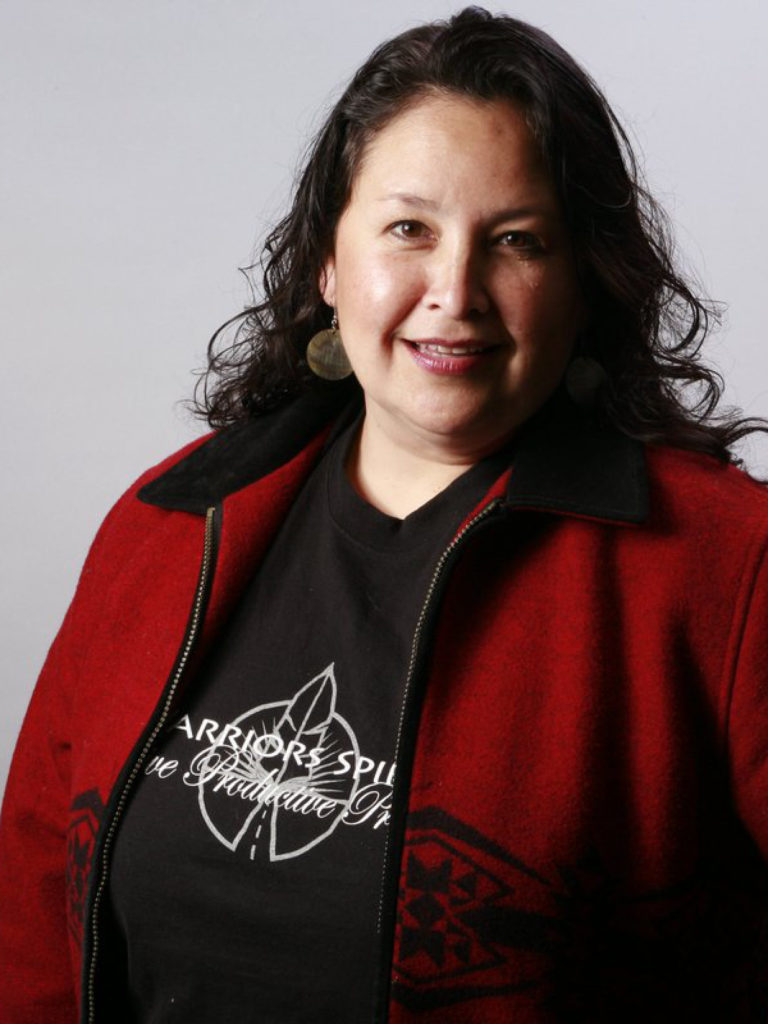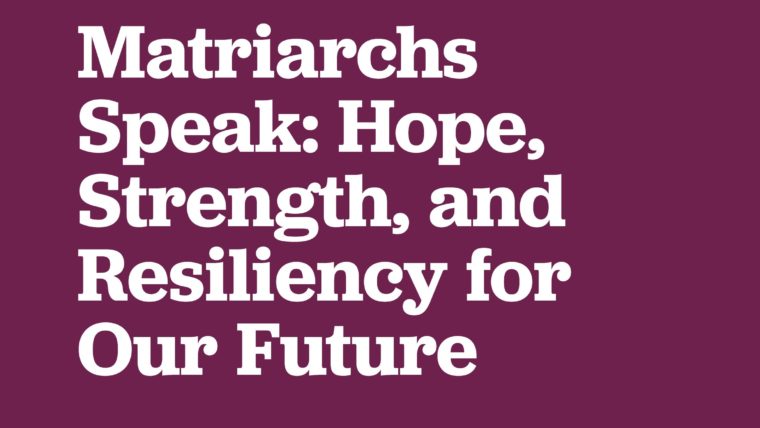On Thursday, September 24, we hosted a conversation between matriarchs and future matriarchs about strength, resilience, and healing in our communities. Sisters Abigail Echo-Hawk and Lis EchoHawk Kawe (Pawnee), and sisters Te Rongomau Awawai (12) and Daywakiha (10) EchoHawk Kawe (Pawnee/Moari) were joined by dear friends and loved ones Emma Elliott-Groves (Cowichan) and Jillene Joseph (Aaniiih) for an open, honest conversation on intergenerational healing as we address trauma in our families, tribes, and communities and move into healing and wellness.
*This video contains conversation about mental illness and suicide and may be triggering.*
The Panelists

The Echo-Hawks
Abigail and Elisabeth Echo-Hawk (Pawnee), were born in the heart of Alaska where they were raised with the traditional values of giving, respect for all, and love with their four siblings and beloved parents Howard and Yvonne Echo-Hawk.
Abigail Echo-Hawk is an auntie, sister, mother, daughter, granddaughter, and a community member who works toward building a great future for the next generations. She serves her community as the Director of Urban Indian Health Institute and Chief Research Officer of Seattle Indian Health Board where she works to engage community partners, conduct research and evaluation, and build capacity for Native organizations.
Elisabeth Echo-Hawk Kawe is a mother, wife, nutritional therapist, sister, auntie, certified personal trainer, daughter, granddaughter, community member, and one day ancestor who uses incremental change as a sustainable tool to wellness and health. You can follow her @10degreesofchange for health, wellness & sustainable health tips.
Te Rongomau Awawai is 12 years old and an older sister and Daywakihaaa is 10 and both an older and younger sister. They are the daughters of Elisabeth and Eruera Kawe. Both are enrolled members of the Pawnee Nation & Maori Iwi Ngati Ragninui & Ngati Kahungunu.

Dr. Emma Elliott-Groves (Cowichan)
Emma Elliott-Groves is an assistant professor in the department of Learning Sciences and Human Development in the College of Education at the University of Washington. She holds both a Ph.D. in Educational Psychology and a Master of Social Work in Children, Youth, and Families. Much of her research centers on understanding the meanings and explanations of suicidal behavior from the perspective of Indigenous peoples. Her work grows from ethical frameworks generated by Indigenous and land-based knowledges and practices to create process-centered approaches that illuminate Indigenous pathways toward collective livelihood. By employing a strengths-based approach to collective livelihood, Elliott-Groves rigorously engages youth, families, and communities in the development of integrated social and behavioral research and practice to address complex social issues. The interdisciplinary intersections of her research include contemporary Indigenous issues; culture, learning, and human development; and trauma, prevention, and recovery.

Jillene Joseph (Aaniiih)
Jillene is an enrolled member of the Gros Ventre or Aaniiih people from Fort Belknap, Montana. She lives in Oregon with her life partner and children. She is the Executive Director of the Native Wellness Institute and helped to found the national non-profit organization in 2000. She has a Bachelors of Science degree in Community Health Education and has served Indian Country for 30 years providing training and technical assistance in a variety of areas. Jillene has traveled to hundreds of Native communities and interacted with and learned from thousands of people. Whether she is providing youth leadership training, assisting women heal from childhood trauma or helping to bring wellness to the workplace, Jillene shares her passion for being positive, productive and proactive. She enjoys beading, reading, pow wowing and spending time with family and friends.

